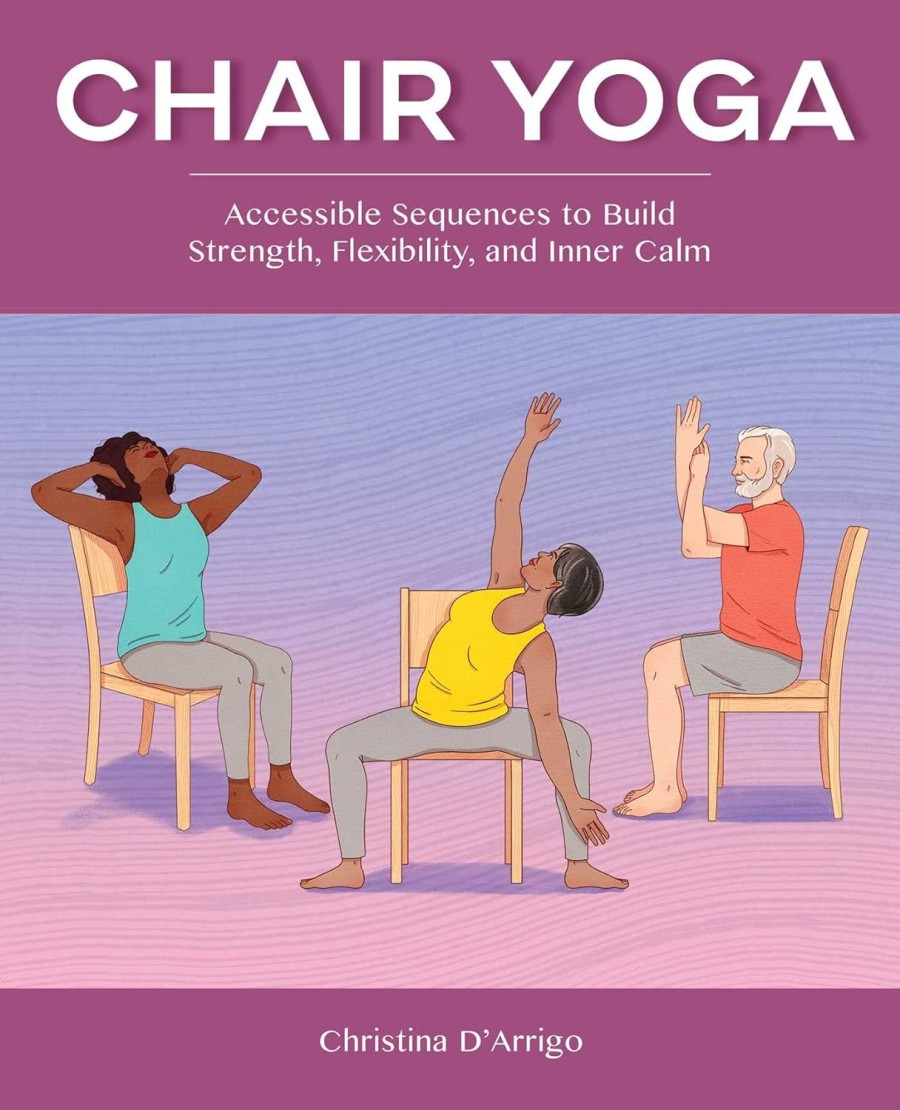
MS is a unique condition in that although it causes symptoms with movement (due to affecting the brain and spinal cord) along with balance and sometimes vision, many patients go into remission for sometimes years, before eventually having symptoms appear again. Symptoms can sometimes be mild, but often can cause serious disability which can last for life, and slightly reduce life expectancy. Mostly diagonised in young people, it’s more common in women (and is one of the main disability causes in young adults). Other symptoms include incontinence, tingling, muscle stiffness and cognitive problems.
Although some people have sudden ‘MS attacks’, most people get gradually worse, go into remission and relapse. MS is an auto-immune condition where the body starts to attack itself (unlike cancer where unhealthy cells attack healthy cells, in MS the body attacks its own brain or spinal cord). This slows the nerves.
Nobody knows why people get MS, but it’s thought to be a combination of genes and possible environmental factors. We have to be careful here to ‘point fingers’ at the culprits. Unlike Parkinson’s (which has pretty high proof that agricultural chemicals could be a main cause), there are some who say environmental factors play a part in MS, but there is less evidence. But possible reasons could be lack of vitamin D (sunlight) and amalgam fillings (both reduce immunity). Another possible risk is high consumption of cow’s milk (again due to reduced immune system – MS is more common in countries where people drink a lot of dairy).
Current treatment is usually steroid medicines and holistic therapies that won’t harm (physiotherapy etc). The disease is usually (like Parkinson’s) not fatal in itself, but some people die from complications like swallowing difficulties or infections of the chest or bladder, leading to a reduced life expectancy of 5 to 10 years. Of course, whether this is a good quality life is the important factor.
yoga is proven to help patients with MS

One exercise that has beneficial effects for MS patients is yoga, with proof (tell that to the ‘Christian scaremongers’ in the USA who say you’re bowing down to demons!) Therapeutic yoga can often help you to balance better for standing or walking, and makes it easier to sit on a chair, toilet or bed, and also helps you relax (it’s very stressful to have MS, due to lack of independence).
Dr Allen Bowling wrote a report that concluded that yoga (if done well and under supervision) was ‘generally safe and may improve MS symptoms’. One clinical trial also found it helped reduce fatigue. If you can’t find a therapeutic yoga teacher, read this book (especially for MS patients) or buy a book on Chair Yoga (you can then do the poses in a chair or even in a wheelchair – if unpadded, place a firm folded blanket on the seat and back of the chair, so you don’t slip).
simple tips to live better with MS
It’s very important if you have MS to take regular exercise. This helps to keep your stiff limbs flexible, betters balance and increases muscle tone, for less chance of injury if you fall (exercise also helps with depression). Take 10 minutes daily to do a YouTube exercise video with Joe Wicks. This cheeky chappy (who became popular during lockdown for his free videos) is more than a nice-looking boy with lots of curly long hair! He’s a highly-trained fitness coach who really knows his stuff, and offers lots of safe chair workouts that are fun and fast, and can help to keep you as fit as possible, after your diagnosis.
See the help our carers for more information on ways to help, including ensuring you are getting all the benefits you are entitled to, for a better quality of life. Older people especially sometimes refuse benefits. But accepting what you’re able to claim means you can spend a little more on organic food and safe adaptions for the home (and also helps to relieve the pressure of those caring for you).
U-Step is like a zimmer frame, but safer as it won’t roll away unless you squeeze the brake, you can adjust the wheel speed and it glides over uneven surfaces, so you don’t have to lift it up. The same company makes LaserCane that like the shoe-attachment above, projects a laser in your path to stop fallling. Both items are expensive (£1000 and £300) but grants may be available, and they are also available on loan to hospitals, so people can try them out. Remember that registered disabled people don’t pay VAT.
StairSteady is a good (expensive but more affordable) alternative to bulky stair lifts. Invented by a girl for her GCSEs, this reputable company uses engineers to fit quality handrails with sliding support that lock in place, to prevent falls down stairs. You can fold the handle away, when not in use and they have solutions for split stairs too. The site has full information.
switch donations to humane medical research

International Anti-Vivisection Congress, 1913
If you ask ‘the establishment’, they will all say the same thing: give lots of money to the major MS research charity until a cure is found. Not so fast, tiger. There are huge issues with this. Firstly, medical research using animals is not just cruel and expensive, but massively outdated. There are vested interests in keeping the statius quo due to huge donations (the main MS charity spends most of its medical research money testing on mice, rats and fish – the charity Animal Aid reported that some tests even surgically joined mice together and forced them to remain like that for weeks, before killing them to examine their brains).
Yet humane research charities (that use modern cheaper quicker models instead of live animals) do brilliant work and have boffins who are just as clever. Yet get a tiny percentage of charity donations and no government grants. So only donate to humane research charities, and it’s likely we’ll find cures for MS and other serious diseases much sooner.






